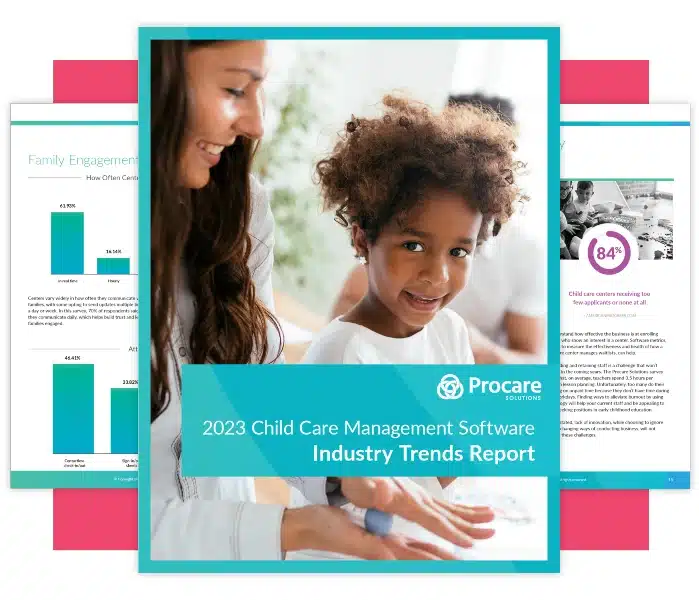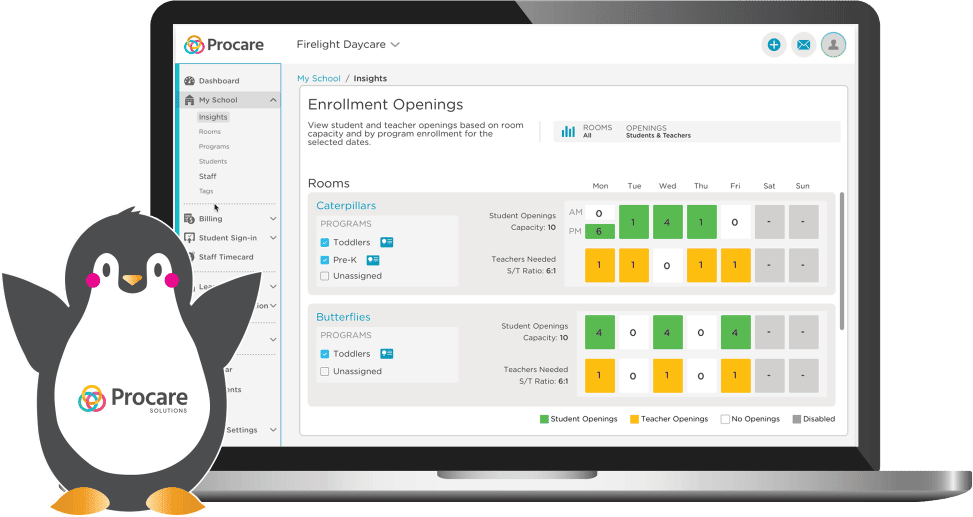
If you have a young child, you’ve probably heard about the preschool assessment their teacher or child care provider plans to give them. In fact, you may be dreading it.
But the truth is, there’s absolutely nothing to fear! Preschool assessments don’t need to be scary. They’re actually really important and will give you a lot of valuable information about your child. Keep reading to learn everything you need to know.
What is a Preschool Assessment?
A preschool assessment is a process by which teachers, daycare providers and/or parents gather information about a child’s strengths and weaknesses. This information can then be used to create relevant educational plans that suit the child’s state of development.
While the practice of assessing young children may feel uncomfortable to you, preschool assessments are crucial. They allow you to understand how your child learns best and the optimal ways to support their mental growth.
With that in mind, let’s take a look at the different preschool assessment methods:
Various Preschool Assessment Methods
Different schools, daycare centers, etc. may use different methods when assessing your child. Here are a few of the more common assessment methodologies used today:
- Observations: You can learn a lot about a child by just watching them. When this methodology is used, preschool teachers simply observe the way a child behaves in different scenarios, taking note of their mental, physical and emotional development.
- Portfolios: The portfolios method is somewhat similar to the observations method because both are unintrusive. But instead of watching a child’s behavior, teachers and parents view their work over a period of time. Doing so will show a child’s progress (or lack thereof) toward specific developmental milestones.
- Standard Tests: Of course, standardized testing methods can be used for preschool assessment purposes, too. This method resembles the tests you were given in grade school: questions are asked, answers are given and results are graded.
Your child care provider may use one of, or a combination of, the above methods. Each has their merits. At the end of the day, the kind of test is irrelevant as long as you walk away with a better understanding of your child and where they are in their developmental journey.
What to Expect On Your Child’s Preschool Assessment

As mentioned above, your child’s school or child care provider may have their own approach to preschool assessments. But in general, you can expect them to assess your child in the following areas:
1. Motor Skills
Motor skills can be defined as the movement of muscles. Most assessments will check to make sure your child’s fine and gross motor skills are effectively developed for their age. Here are a few things teachers generally look for in preschool students:
- Fine Motor Skills: Referring to coordination between small muscles, such as those in one’s hand, fine motor skills allow children to eat, write, get dressed, etc. Most preschool kids can draw basic shapes, eat with utensils and dress themselves.
- Gross Motor Skills: Referring to coordination between large muscles, such as those in one’s arms and legs, gross motor skills allow children to perform physical activities like running and jumping. Most preschoolers can balance on one foot and climb stairs.
It’s important to remember that every child is unique and develops at different speeds. Just because your kiddo’s motor skills (or any of the skill sets listed below) are behind the curve doesn’t mean they always will be. Try to keep that in mind during the assessment process.
2. Personal Information
Preschoolers should also have a solid grasp of personal information such as the names and genders of immediate family members, the town they live in and the month they were born in. As such, expect your kid’s preschool assessment forms to cover these things.
Advanced preschoolers may be able to recite their family’s home phone number, full street address and the day, month and year in which they were born.
If your child doesn’t know these things yet, don’t worry. Work with them every day so that they can learn the personal information items listed above. Some kids fall behind in this area because they don’t get enough practice and repetition.
3. Academic Knowledge
Just about every preschool assessment will evaluate your child’s academic knowledge. Do they know their colors? How about their letters and numbers? Children at this age should be able to identify basic shapes like circles, squares, diamonds and triangles, too.
Depending on the age of your preschooler, his or her teacher might also gauge their ability to count, identify animals and use descriptive words (think hot, cold, tall).
Once again, just because your preschooler doesn’t know these things yet, doesn’t mean they’re having developmental issues. They might just need more practice. Work with them on a daily basis so they score better on their progress report.
4. Social Skills
Your child’s ability to cooperate, share with other kids and make friends will also be evaluated during his or her preschool assessment. While we don’t always think of these things as “skills,” they’re essential to the future success of your child.
For example, attending a job interview, interacting with customer service representatives and successfully engaging with colleagues all require social skills.
Some children are naturally more social than others. They’re extroverted; they might enjoy the spotlight; they make interacting with other kids look easy. Some children are the opposite: quiet, shy, introverted. One is not better than the other.
Preschool assessments evaluate social skills to make sure children are developing properly, not to shame them or change them into something they’re not.
5. Speaking Ability
Finally, expect your child’s preschool assessment to cover speech and language skills such as articulation and the ability to express him or herself. The average preschooler can:
- Generally make themselves understood with words
- Ask for most basic objects by their correct names
- Answer simple who, what, where and why questions
- Form sentences of four or more words
- Listen when they are called from another room
Older and/or more advanced preschoolers may be able to use rhyming words, use description words in sentences, tell a coherent story and more.
In Conclusion

Your child’s preschool assessment will tell you a lot of valuable information. You’ll learn about their strengths and weaknesses, how they learn best and if they’re on track developmentally. You can then use this information to plan an appropriate education plan for them.
If you’re worried about your child’s upcoming assessment, begin working with them on their motor skills, personal information, academic knowledge, social skills and speaking ability. That way they’re fully prepared for their assessment when it’s given to them.





